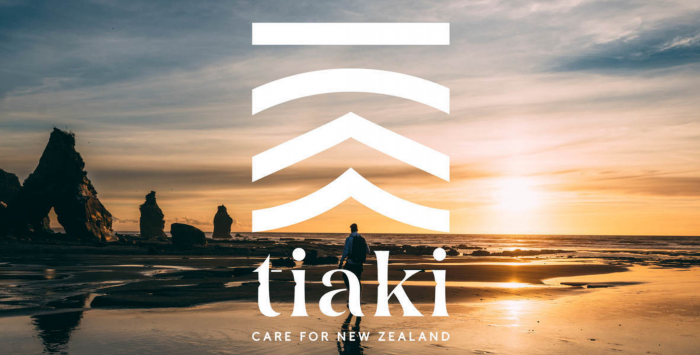
New Zealand unveils Tiaki Promise
New Zealand’s tourism industry has come together to launch a major initiative inviting visitors to care for its unique land and environment.
Under the banner of Tiaki – Care for New Zealand, the industry has launched the Tiaki Promise, which actively encourages all visitors to experience New Zealand in a way that keeps them safe, protects the natural environment, respects all cultures and preserves the country for future generations.
Tiaki means to care for people and place in New Zealand’s native language Te Reo Māori and the Tiaki Promise is an invitation to visitors to care for New Zealand alongside Kiwis.
Tourism New Zealand chief executive, Stephen England-Hall, explained everyone has a responsibility to care for New Zealand and the Tiaki Promise captures the connection New Zealanders have to their home.
“New Zealand is known for its warm welcome to guests and the Tiaki Promise builds on that by inviting the world to stand alongside us, so our home can be enjoyed for future generations of Kiwis and visitors.
“It reminds people to travel responsibly as they enjoy what our country has to offer, making it clear what behaviours are expected from putting rubbish in the bin to driving safely and showing care and consideration for all,” he added.
Visitors to New Zealand will learn about the Tiaki Promise before arriving and while travelling around the country.
Visitors are able to show their support on social media using #tiakipromise.
ADVERTISEMENT
The Tiaki Promise has a strong and meaningful foundation in indigenous Māori culture and tradition.
Māori believe all things are interconnected; people and land are one.
As children of Papatuanuku (the earth mother), Māori believe they have a duty of care to look after her, Ranginui (the sky father) and all their children.
With this deep connection comes respect and reciprocity and the belief that if you look after the land, the land will look after you.
While founded in Māori tradition, this concept has become part of New Zealand’s collective culture as a nation and is referred to as kaitiakitanga.
Tourism minister Kelvin Davis announced the initiative in Wellington.

